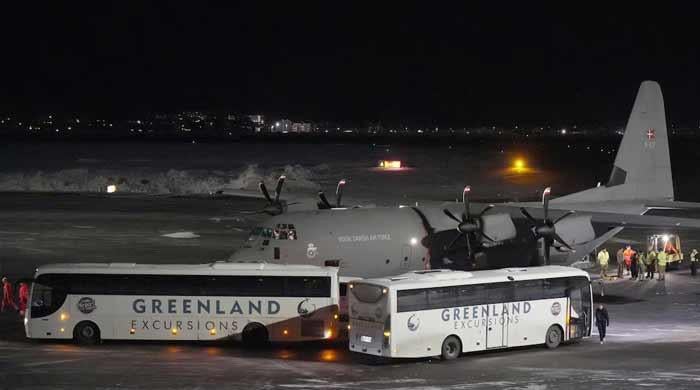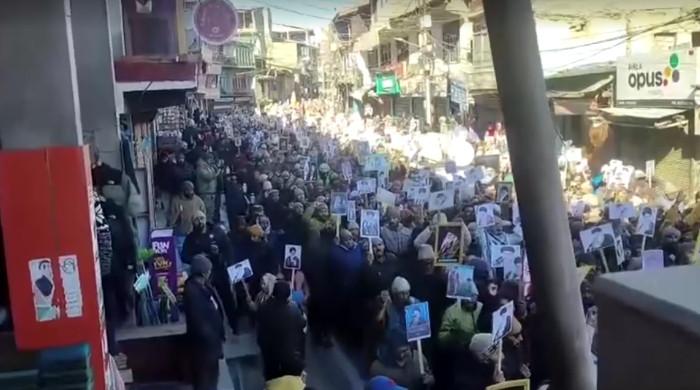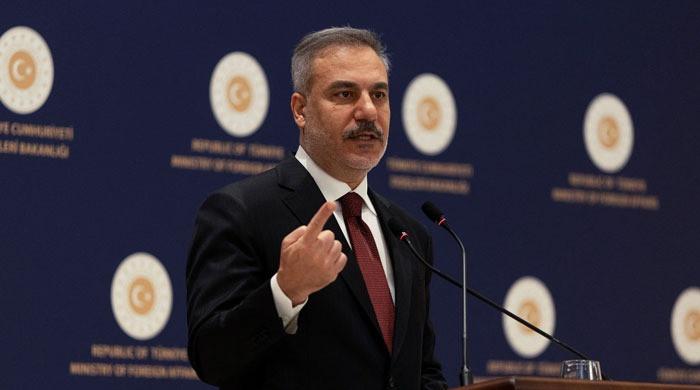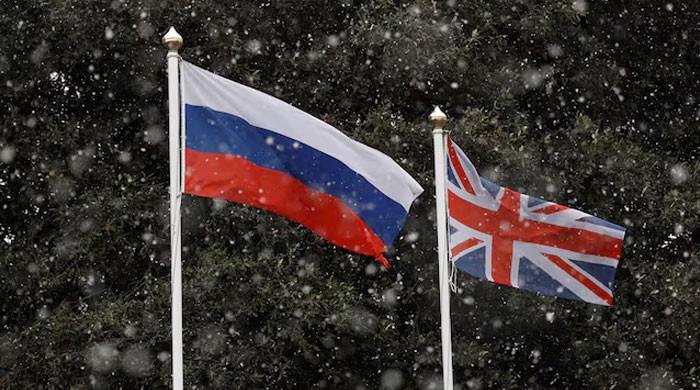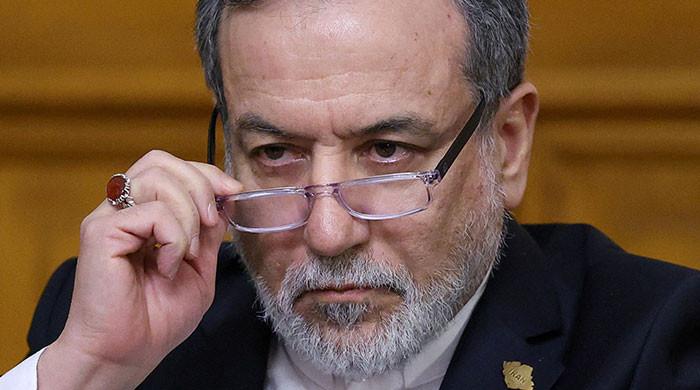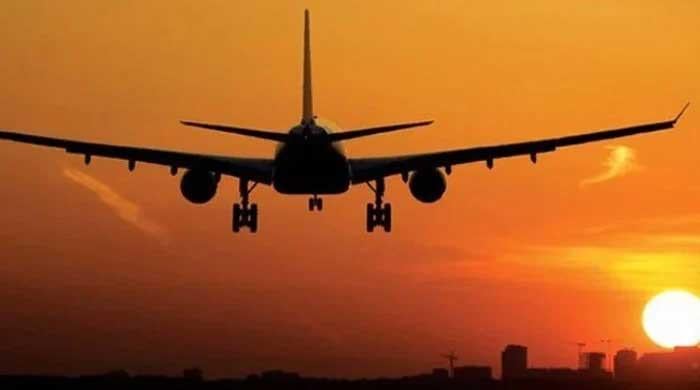Air Canada flight attendants continue strike despite order to return, airline delays restart
Airline announced that it would delay its plans to restart operations from Sunday until Monday evening
August 18, 2025
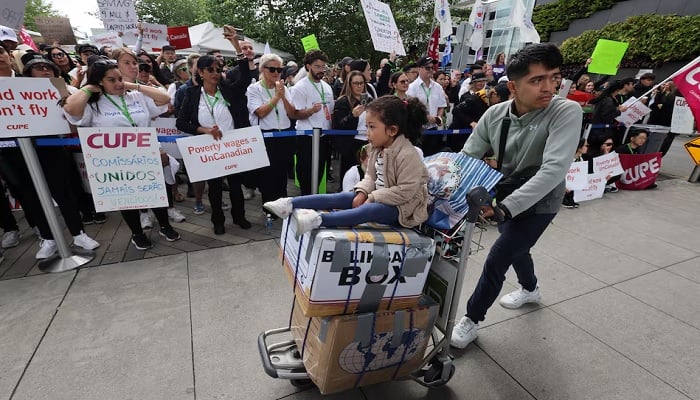
- Air Canada delays resuming operations to Monday evening.
- Flight attendants stay on strike past deadline to return to duties.
- Government ordered binding arbitration to break contract impasse.
Air Canada flight attendants remained on strike on Sunday, past the deadline set by a government-backed labour board's order to return to work, causing the country's largest airline to delay restarting operations.
The Canadian Union of Public Employees said in a statement that members would remain on strike and invited Air Canada back to the table to "negotiate a fair deal," calling the order to end its strike unconstitutional. The airline announced that it would delay its plans to restart operations from Sunday until Monday evening.
On Saturday, Prime Minister Mark Carney's Liberal government moved to end the strike by more than 10,000 flight attendants by asking the Canada Industrial Relations Board to order binding arbitration. The CIRB issued the order, which Air Canada had sought, and unionised flight attendants opposed.
The Canada Labour Code gives the government the power to ask the CIRB to impose binding arbitration in the interest of protecting the economy.
The government's options to end the strike now include asking courts to enforce the order to return to work and seeking an expedited hearing. The minority government could also try to pass legislation that would need the support of political rivals and approval in both houses of parliament, which is on break until September 15.
The government did not respond to requests for comment.
"The federal government has entrusted a board to administer these rules in the Canadian Labor Code, and if you defy them, you are transgressing and essentially violating the law," said Rafael Gomez, a professor of employment relations at the University of Toronto.
The government, under former Prime Minister Justin Trudeau, intervened last year to head off rail and dock strikes that threatened to cripple the economy, but it is unusual for a union to defy a CIRB order.
Flights grounded, passengers stranded
Air Canada flight attendants walked off the job on Saturday for the first time since 1985, after months of negotiations over a new contract.
Air Canada had said it planned to resume flights on Sunday evening, following the expected end of the strike that caused the suspension of around 700 daily flights on Saturday, stranding more than 100,000 passengers.
The union called a decision by the CIRB chair, Maryse Tremblay, to not recuse herself from handling the case a "staggering conflict of interest," since she had worked as a senior counsel for Air Canada in the past. According to Tremblay's LinkedIn profile, she served as Air Canada's counsel from 1998 to 2004.
The CIRB did not respond to a request for comment.
Other unions joined the flight attendants' picket line in solidarity in Toronto on Sunday.
"They are in support here today because they are seeing our rights being eroded," said Natasha Stea, an Air Canada flight attendant and local union president.
Air Canada had started cancelling flights on Thursday in anticipation of the stoppage.
Travellers at Toronto Pearson International Airport said they were confused about whether their flights would resume or Air Canada would make alternative arrangements.
"We are kind of left to figure it out for ourselves and fend for ourselves with no recourse or options provided by Air Canada at this time," said Elizabeth Fourney of Vancouver.
The most contentious issue has been the union's demand for compensation for time spent on the ground between flights and when helping passengers board. Attendants are largely paid only when their plane is moving.
CUPE had pushed for a negotiated solution, saying binding arbitration would take pressure off the airline.
Air Canada said on Sunday that the CIRB had ordered the terms of the collective agreement between the union and the airline that expired on March 31 be extended until a new agreement can be reached.





